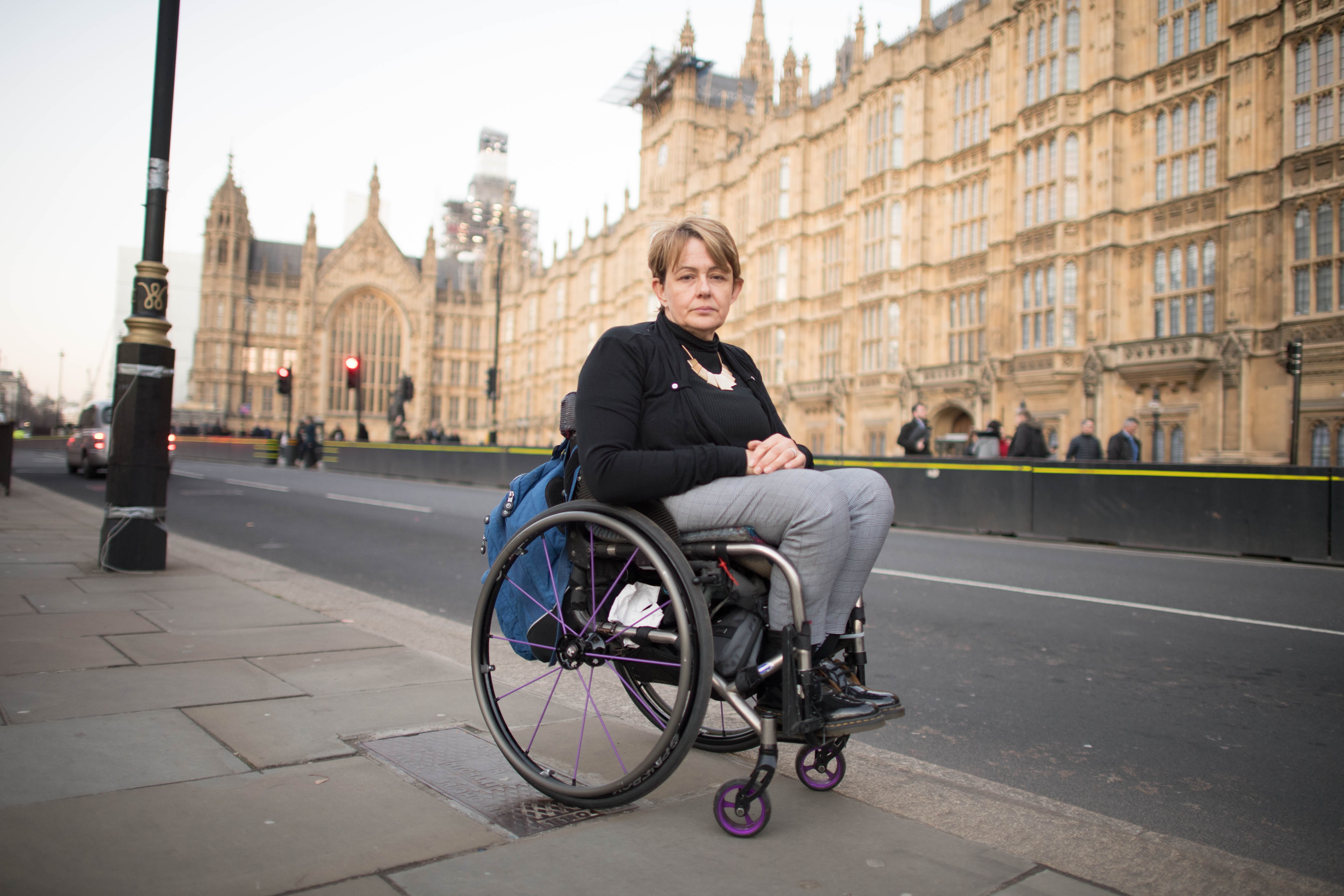Dame Esther Rantzen has been told she does not understand how British parliamentary democracy works after she suggested that members of the House of Lords should not hold up the assisted dying legislation.
Kim Leadbeater’s bill passed by a narrow majority of just 23 on its final third reading vote in the Commons on Friday but now faces a long haul in the Lords as peers prepare to lay down hundreds of amendments.
There is a danger that the bill will get held up so much that it will not have time to pass into law and Dame Esther hit out at peers who effectively want to use procedure to ensure it falls.

Speaking on Radio 4’s Today Programme the 85-year-old TV personality who has a terminal cancer diagnosis said: “I don’t need to teach the House of Lords how to do their job. They know it very well, and they know that laws are produced by the elected chamber.
“Their job is to scrutinise, to ask questions, but not to oppose.
“So yes, people who are adamantly opposed to this bill, and they have a perfect right to oppose it, will try and stop it going through the Lords, but the Lords themselves, their duty is to make sure that law is actually created by the elected chamber, which is the House of Commons who have voted this through.”
But a senior Tory peer and opponent of assisted dying Lord Stewart Jackson has hit back telling The Independent that Dame Esther does not understand how parliament works.
“Our system doesn’t work like that,” he said. “The House of Lords is quite within its constitutional rights and privileges to amend or delay a Bill which was never put to the people in a manifesto, backed by only a minority of MPs, was poorly drafted, rushed and barely scrutinised and will have hugely profound effects on vulnerable people and the resources of the NHS.”
Meanwhile, another opponent, former Paralympian Baroness Tanni Grey-Thompson, also made it clear she intends to bring in a large number of changes to the Bill.

Speaking on BBC Breakfast, she said: “I mean, currently it can be offered to people with learning disabilities without training. There’s loopholes on anorexia.
“And I think there are loopholes around children – a young person only has to say the conversation started on their 18th birthday, and that’s it.”
She said people are “scared” on both sides of the debate, adding: “I think we have to find a way through this.
“That’s actually the Lords’ job, you know, the Lords is there to amend, it’s there to improve, and it’s there to try and sort of reconcile lots of different, very complicated views.
Baroness Grey-Thompson added: “I’m worried about disabled people. This Bill is not going to take place in isolation of the swingeing government cuts that we’re expecting around disability and the welfare system has to be reformed.”







